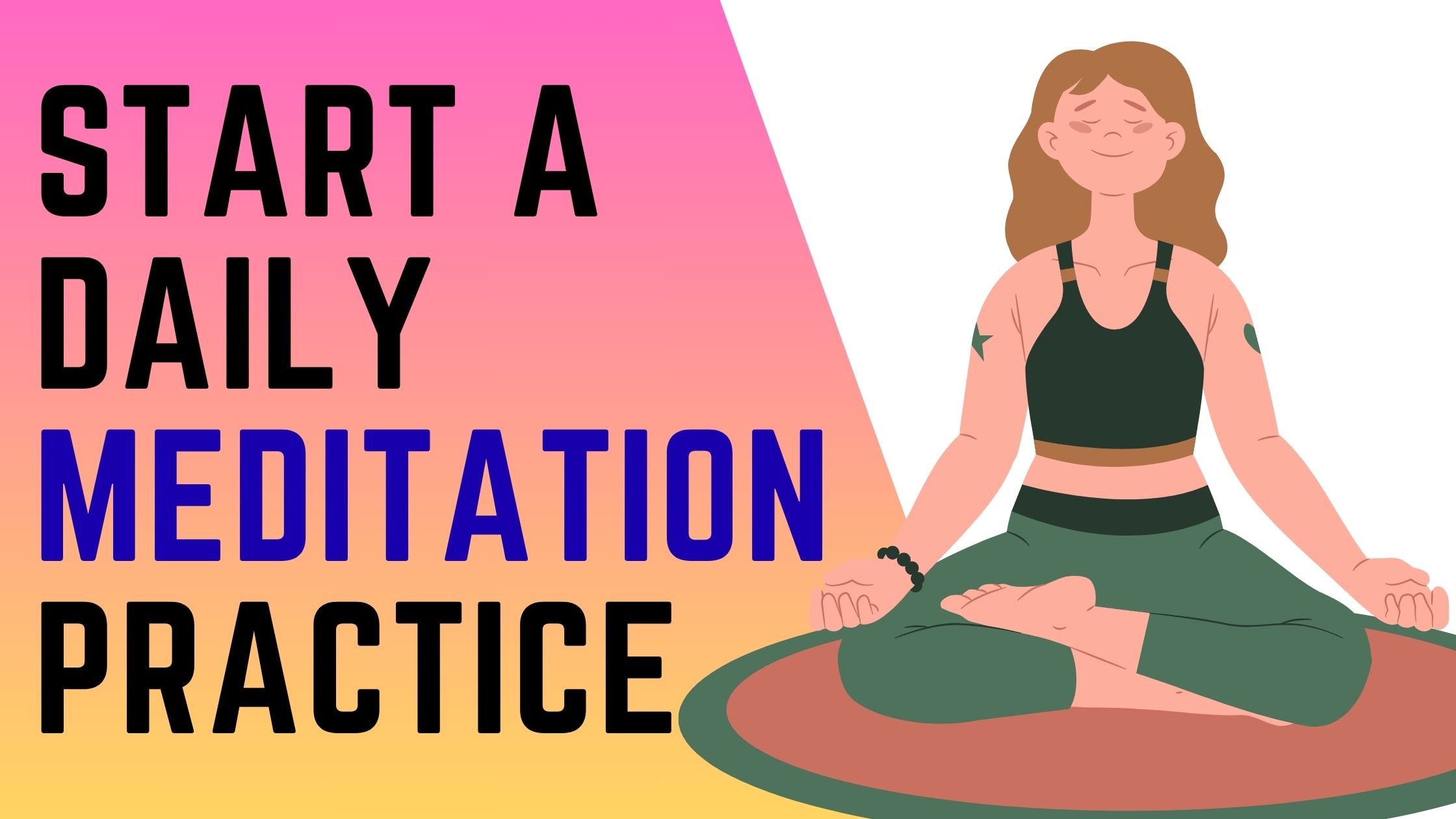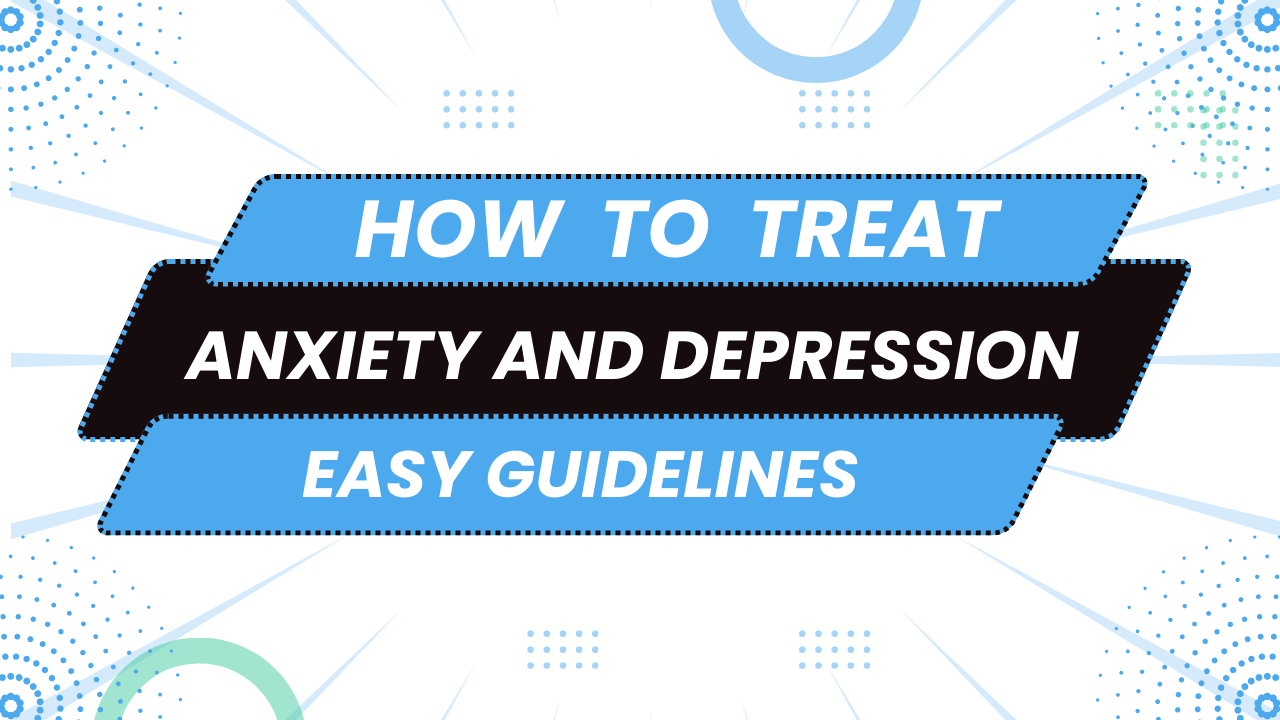Meditation is a mental practice that involves focusing your attention and eliminating distractions to achieve a state of mental clarity, emotional calm, and physical relaxation. It is commonly practiced by concentrating on the breath, a sound, an object, or a thought with the goal of achieving mindfulness or heightened awareness.
Meditation is both an ancient practice and a modern wellness tool used to calm the mind, reduce stress, and promote emotional balance. Originating from spiritual traditions like Buddhism and Hinduism, meditation has evolved into a mainstream mental health technique backed by scientific research.
Today, millions of people around the world practice meditation to:
- Manage anxiety
- Increase self-awareness
- Improve concentration
- Enhance sleep quality
- Promote overall well-being
The beauty of meditation lies in its simplicity—you don’t need any equipment, a special room, or even prior knowledge. Just a few minutes a day can create powerful, lasting change in how you feel and think.
🧠 “Meditation is not about becoming a different person. It’s about being more yourself.”

Why Meditation Matters in Today’s Fast-Paced World
In a world constantly buzzing with notifications, deadlines, and distractions, it’s easy to feel overwhelmed. That’s where a daily meditation practice can transform your life. Backed by science and thousands of years of tradition, meditation isn’t just for monks or yogis—it’s a life tool for everyone, helping improve mental clarity, reduce stress, boost emotional health, and enhance self-awareness.
Whether you’re struggling with anxiety, finding it hard to focus, or simply seeking a more peaceful life, starting a meditation practice might be the reset button you need.
Step-by-Step Guide: How to Start a Daily Meditation Practice
1. Start Small – Just 5 Minutes a Day
Don’t overwhelm yourself. Begin with just 5 minutes. You can slowly increase the duration as you grow more comfortable. Even short sessions have powerful effects.
✅ Pro Tip: Set a timer on your phone or use apps like Insight Timer or Calm.
2. Choose a Quiet, Comfortable Space
Find a peaceful corner where you can sit without disturbance. It could be your bedroom, balcony, or even a quiet park bench. Use a cushion or chair—comfort is key.
3. Sit in a Comfortable Position
You don’t have to twist into a lotus pose. Sit cross-legged or on a chair with your feet flat. Keep your spine straight and hands relaxed.
4. Focus on Your Breath
Start by paying attention to your natural breath. Notice how it flows in and out. This simple practice is the foundation of mindfulness.
🧠 Mind Wandering? That’s normal. Just gently bring your focus back to the breath without judgment.
5. Use Guided Meditations
For beginners, guided sessions can be incredibly helpful. Use free apps or YouTube channels that offer short meditations led by experts.
💡 Top apps: Headspace, Calm, Insight Timer, Aura
6. Pick a Consistent Time
Meditate at the same time every day to build a habit. Many people prefer mornings to start their day grounded, but evenings work too.
🔁 Consistency > Duration
7. Explore Different Techniques
Once you’re comfortable, explore:
- Mindfulness meditation
- Loving-kindness (Metta)
- Body scan
- Transcendental meditation
- Walking meditation
Each offers different benefits. Try a few to see what suits you best.
8. Track Your Journey
Keep a meditation journal. Write about how you felt before and after. Over time, you’ll notice patterns and improvements.
9. Understand the Science Behind It
Meditation is not just spiritual—it’s also backed by neuroscience:
- Reduces cortisol (stress hormone)
- Enhances focus and memory
- Increases emotional resilience
- Improves sleep
📚 A Harvard study showed that 8 weeks of mindfulness meditation increased gray matter in the brain!
10. Let Go of Perfection
There’s no such thing as a “perfect” meditation session. It’s okay to get distracted, sleepy, or even bored. What matters is showing up every day.
Benefits of a Daily Meditation Practice
| Benefit | Description |
|---|---|
| 🧘♀️ Stress Reduction | Lowers anxiety and calms the nervous system |
| 🧠 Mental Clarity | Improves focus, decision-making, and memory |
| ❤️ Emotional Health | Increases self-compassion and emotional awareness |
| 😴 Better Sleep | Promotes restful, uninterrupted sleep |
| ⚡ Productivity | Helps you stay present and sharp during tasks |
Frequently Asked Questions (FAQs)
❓What’s the best time to meditate?
Early morning or evening, but any time you can be consistent works.
❓Do I need to sit cross-legged?
No. You can sit on a chair or lie down—just stay alert.
❓How long should I meditate?
Start with 5–10 minutes, and increase to 20+ minutes as you build the habit.
❓Is meditation religious?
Not necessarily. While it has spiritual roots, modern meditation can be secular and science-based.
Final Thoughts: Your First Step to a Calmer Life
A daily meditation practice isn’t about achieving some magical state. It’s about being present, creating space for your thoughts, and tuning in to your inner calm. Like brushing your teeth or drinking water, make meditation part of your daily routine—your mind will thank you.
🌼 “You should sit in meditation for twenty minutes every day — unless you’re too busy. Then you should sit for an hour.” – Zen proverb
Also Read : How To Treat Anxiety And Depression Without Medication
📣 Share Your Experience!
Have you started meditating? Got tips for beginners? Share your thoughts in the comments and help others on their journey!





